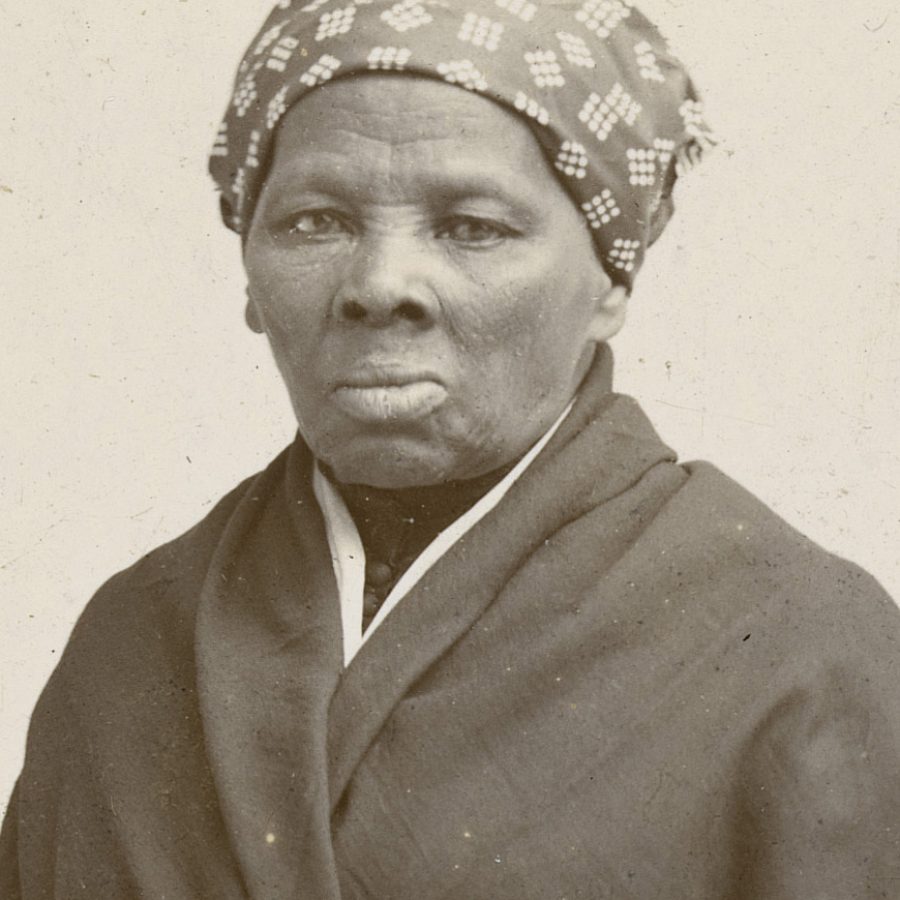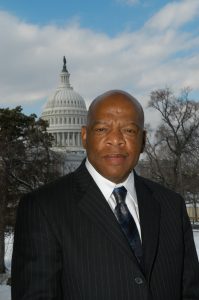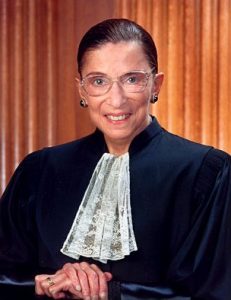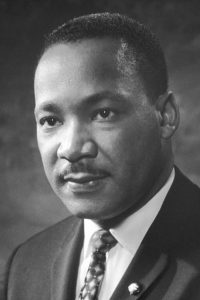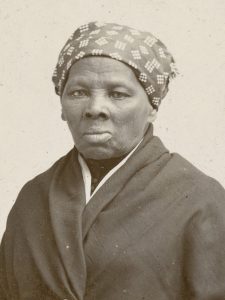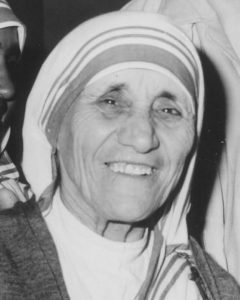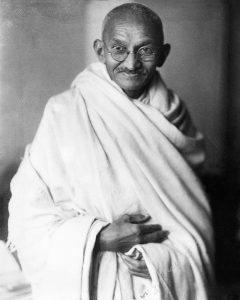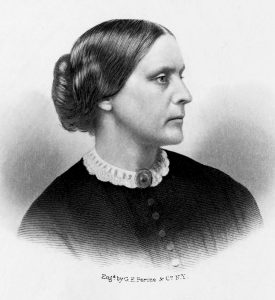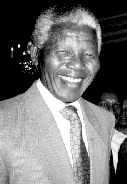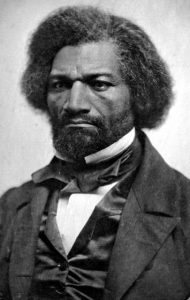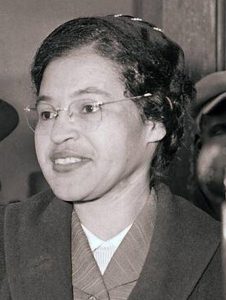Harriet Tubman
(c.1822–1913)
Harriet Tubman was born Araminta “Minty” Ross around 1822 in Dorchester County, Maryland, into the brutal system of American slavery. Despite being enslaved, she would become one of the most fearless conductors on the Underground Railroad, leading hundreds of enslaved people to freedom and earning the nickname “Moses.”
Tubman endured a harsh childhood, marked by violence and hardship. At age 12, she suffered a traumatic head injury when an overseer threw a heavy object at another enslaved person and struck her instead. The injury caused lifelong seizures and visions, which she interpreted as divine guidance. These spiritual convictions fueled her courage and determination.
In 1849, Tubman escaped slavery herself, fleeing to Philadelphia. Yet, rather than remain in safety, she returned to the South again and again—risking capture and death to lead others to freedom. Using a network of safe houses and trusted allies, Tubman guided an estimated 70 people to freedom, while providing instructions and inspiration to many more.
During the Civil War, Tubman served the Union Army as a nurse, cook, scout, and spy. She became the first woman to lead an armed military expedition in the U.S., guiding the Combahee River Raid that freed more than 700 enslaved people. After the war, she continued her advocacy, working for women’s suffrage alongside figures like Susan B. Anthony.
Tubman lived her later years in Auburn, New York, where she established a home for elderly African Americans in need. Despite poverty and ill health, she remained a symbol of resilience and justice until her death in 1913.
Harriet Tubman is honored in the Good Trouble Makers Hall of Fame because she risked everything for freedom, guided by faith and love for her people. Her life teaches us that Good Trouble often means refusing to accept bondage for oneself or others.

